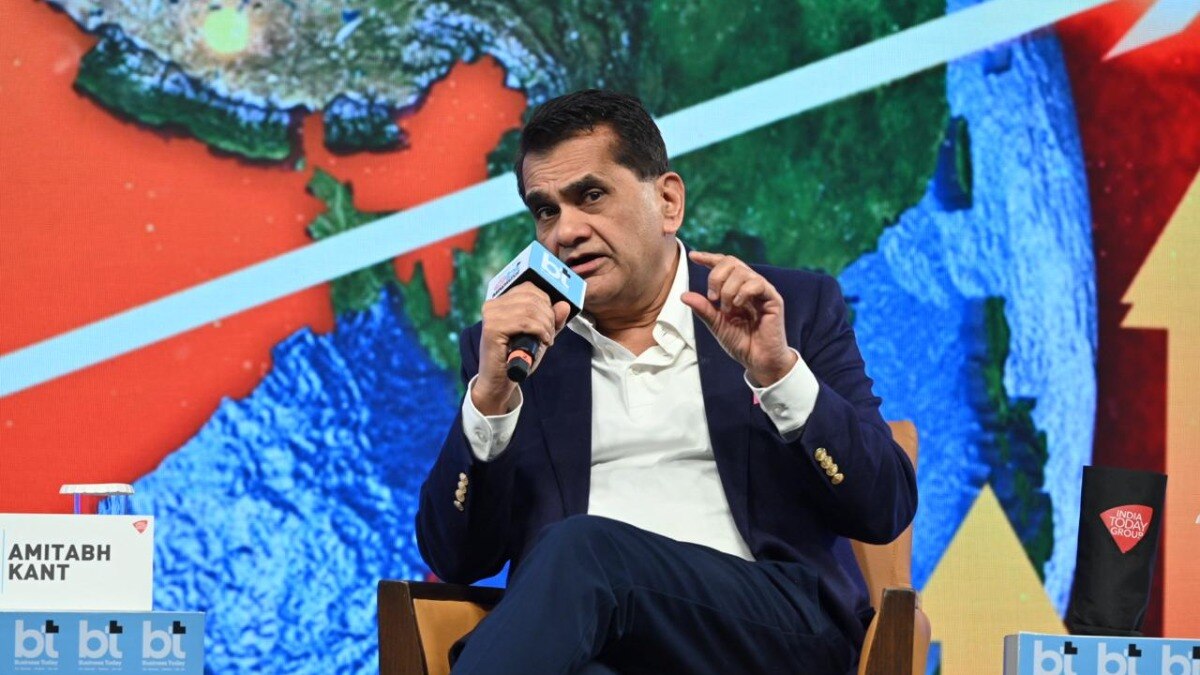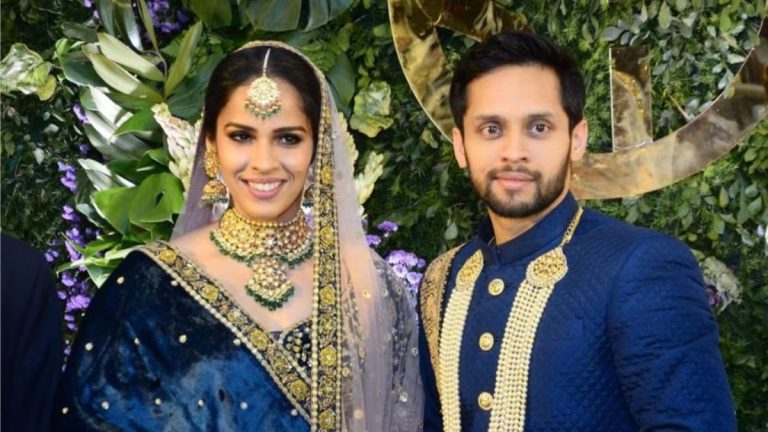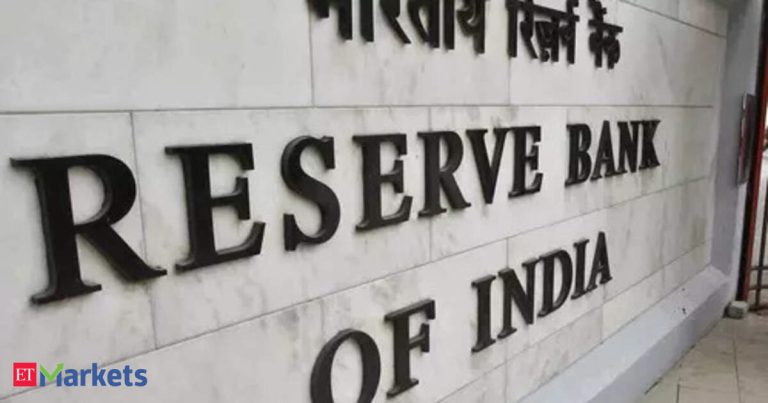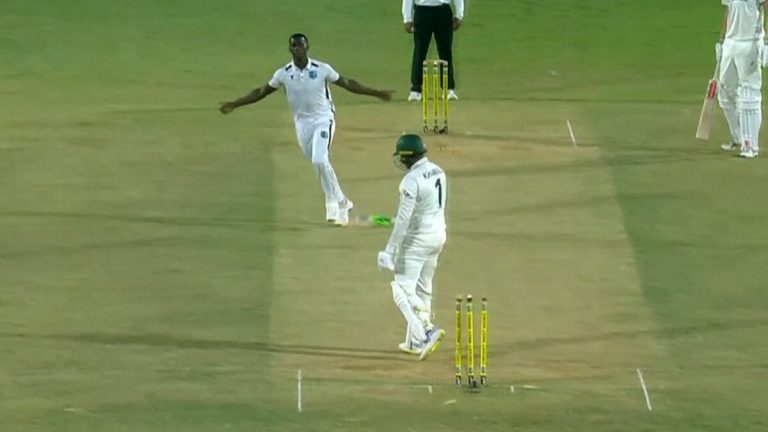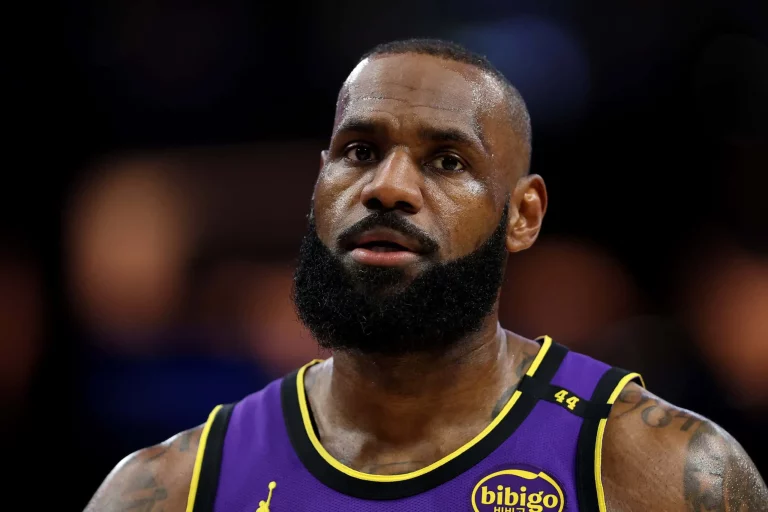In a significant step towards reforming India’s regulatory landscape, the Delhi Police will no longer be responsible for issuing licenses for restaurants, hotels, guesthouses, swimming pools, discotheques, amusement parks, video game parlours, and auditoriums — powers it has exercised for the past 45 years.
Welcoming the move, Amitabh Kant, G20, Ex-Sherpa, and Former CEO of Niti Ayog, said this move will simplify procedures, eliminate redundancy, and foster a climate of trust between businesses and the administration.
“Less regulation means more growth, more jobs, and a more vibrant city economy. India must now build on this momentum. We need many more such reforms in states,” Kant wrote on X.
First conferred in 1980, these licensing functions have now been formally withdrawn, marking a crucial shift in reducing bureaucratic overlap and enhancing ease of doing business in the capital. The reform is hailed as a milestone for entrepreneurs and business owners, who have long grappled with cumbersome processes and dual regulatory controls.
He added the change aligns with Prime Minister Narendra Modi’s broader vision of “ease of living” and economic dynamism. However, policy watchers caution that for India to unlock its full economic potential, similar reforms must follow swiftly across other states and sectors.
Hotels, motels, guesthouses, restaurants, discotheques, amusement parks, auditoriums, swimming pools, and video game parlours in the national capital will no longer need licenses or no-objection certificates from the Delhi Police, according to an order issued on June 19 and approved by Lieutenant Governor Vinai Kumar Saxena.
However, Delhi Chief Minister Rekha Gupta clarified that while these establishments are exempt from police licensing, they must still obtain necessary approvals from the Municipal Corporation of Delhi (MCD), the New Delhi Municipal Council (NDMC), and the Delhi Cantonment Board.
